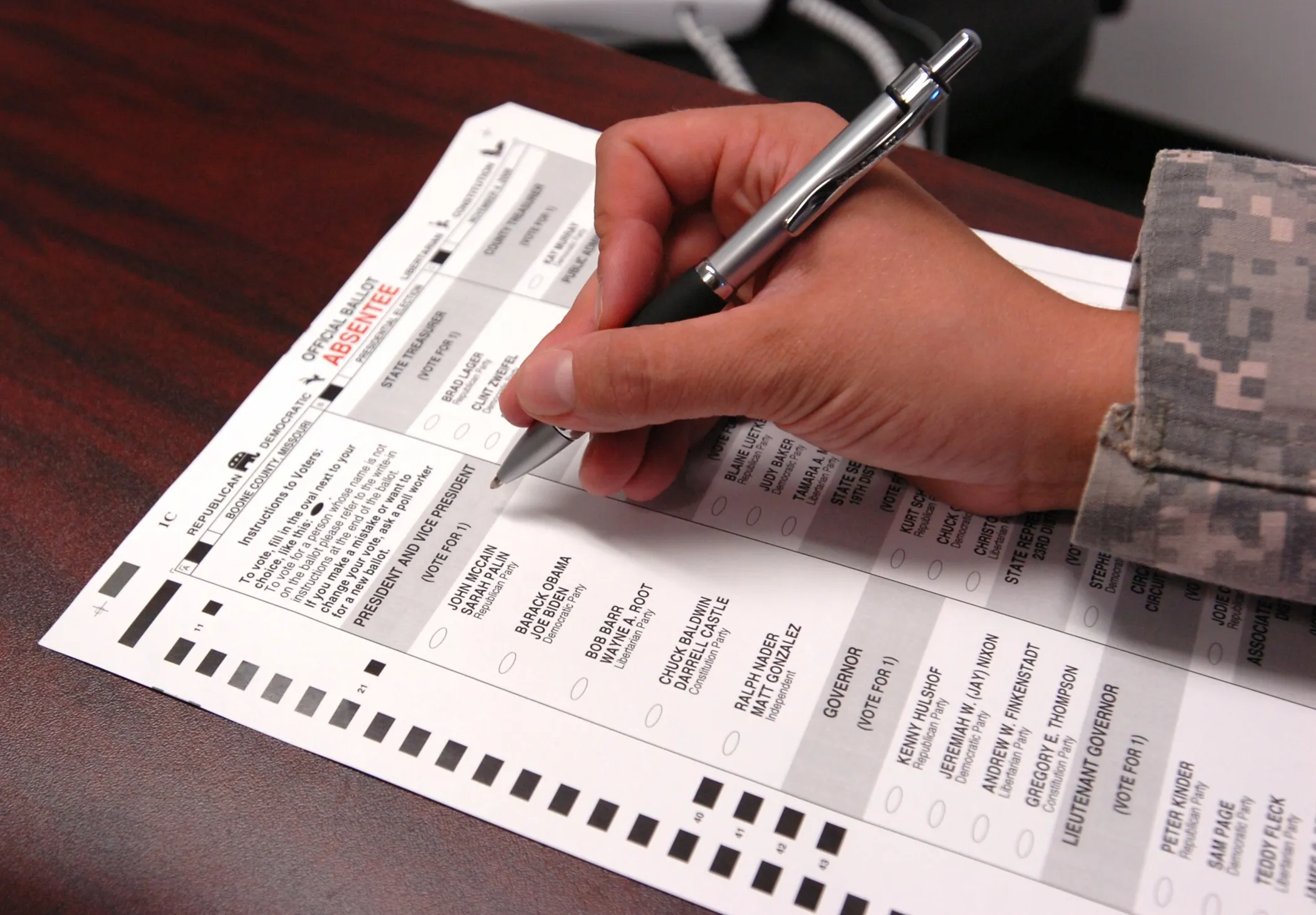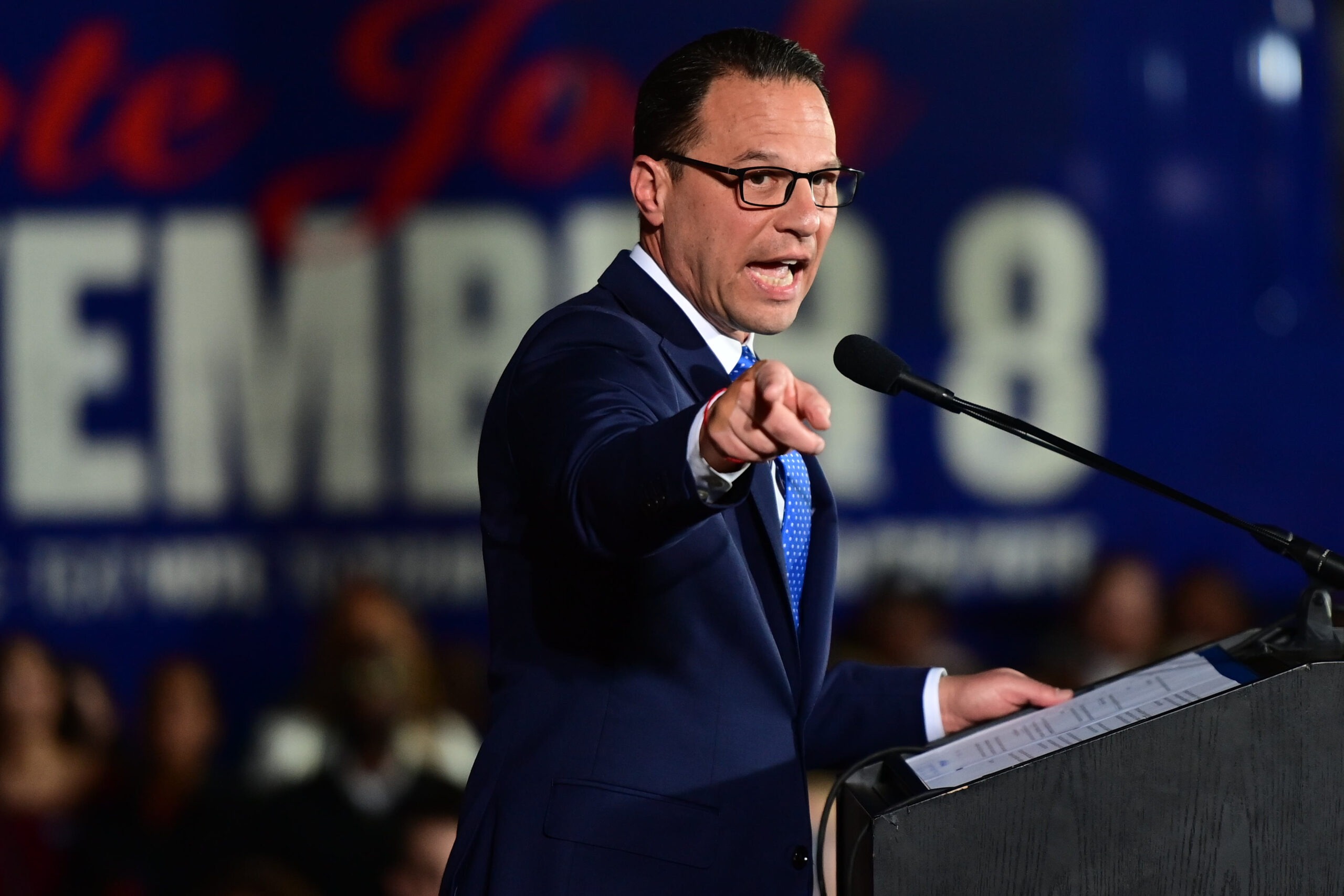Republican legislators from Pennsylvania initiated a lawsuit challenging President Joe Biden’s executive order to enhance voting access and specific state-specific voting initiatives.
This legal action, grounded in the controversial independent state legislature (ISL) theory, claims that the 2021 Executive Order 14019, designed to facilitate broader participation in voting, infringes on the U.S. Constitution.
The order encourages federal involvement in various aspects of voting, such as assisting at polling stations and supporting state efforts to introduce automatic voter registration.
The lawsuit argues that any modifications to Pennsylvania’s election processes, including the execution of Biden’s order, automatic voter registration, and guidelines issued by the Pennsylvania Department of State, contravene the Elections Clause of the Constitution.

Pennsylvania lawmakers’ challenge (Credits: Jurist.org)
According to the plaintiffs, only Congress possesses the authority to introduce federal legislation that overrides state laws concerning the organization of congressional elections. They contend they should not impact Pennsylvania since Congress did not enact the executive order and other disputed policies.
More specifically, the legal complaint targets not only the executive order but also actions by Governor Josh Shapiro and the Pennsylvania Department of State that aim to make voting more accessible.
The plaintiffs assert that such measures represent an overreach of executive power and infringe upon the constitutional mandate that state legislatures oversee the conduct of federal elections.

Governor Shapiro (Credits: Inside Climate News)
They criticize Governor Shapiro‘s move to implement automatic voter registration as an arbitrary use of executive authority, alleging it breaches the Constitution’s provisions regarding election management.
The lawsuit sought judicial intervention to deem Biden’s executive order unconstitutional and to prohibit any federal support for its implementation.
It also aimed to overturn a 2018 Pennsylvania policy allowing voter registration with insufficient identification and to halt the state’s automatic voter registration initiative. However, on March 26, the court dismissed the case, citing the plaintiffs’ lack of standing to sue.























